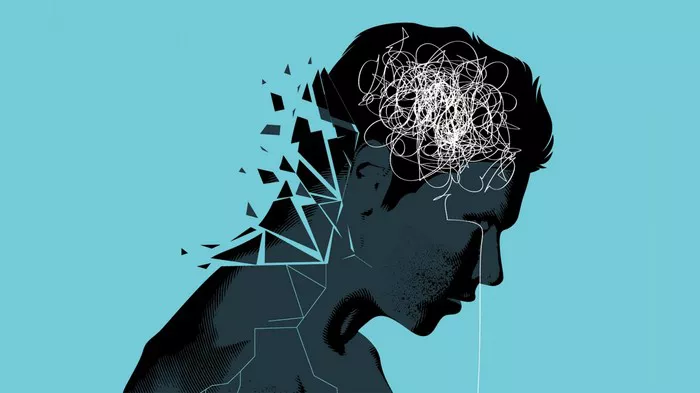Early and accurate diagnosis of MDD is critical for effective treatment, yet many cases go undetected due to the subjective nature of traditional screening methods. A team of researchers from Stanford University has developed an artificial intelligence (AI) model capable of identifying depression with over 90% accuracy by analyzing speech patterns and facial expressions.
The AI system was trained on a dataset of thousands of hours of interviews with individuals diagnosed with MDD, alongside healthy controls. By assessing subtle cues such as vocal tone, speech rhythm, and micro-expressions, the algorithm can detect depressive symptoms even before they are clinically apparent. In a recent trial involving 1,200 participants, the tool outperformed standard questionnaires like the PHQ-9, particularly in identifying cases where patients underreported symptoms due to stigma or lack of self-awareness.
This innovation holds immense promise for primary care settings, where time constraints often limit thorough mental health evaluations. By integrating this tool into routine check-ups, clinicians could identify at-risk individuals earlier, enabling timely intervention. However, ethical considerations around data privacy and algorithmic bias must be addressed before widespread implementation. The researchers are now working on refining the model to account for cultural and linguistic variations, ensuring its applicability across diverse populations.
You Might Be Interested In:
- Digital Therapeutics Show Promise in Treating Anxiety Disorders
- Breakthrough in Understanding the Neural Pathways of Anxiety Disorders
- Neurodevelopmental Disorders: Everything You Need To Know

